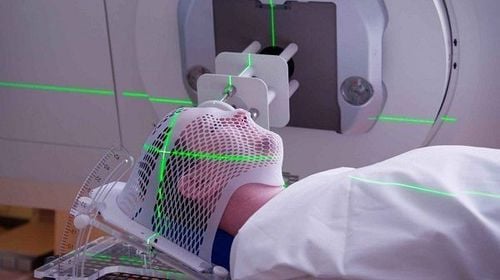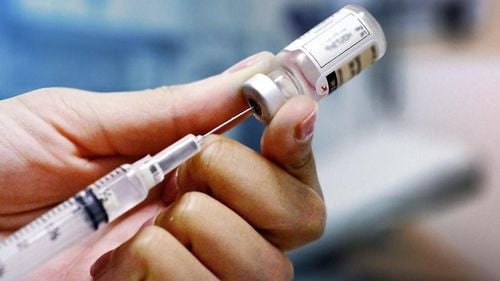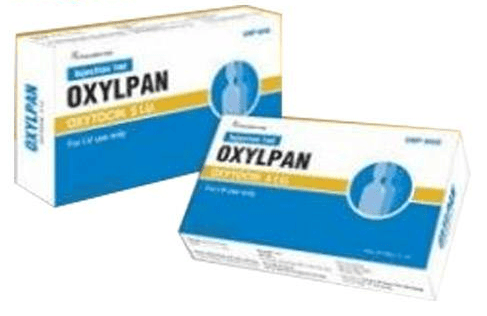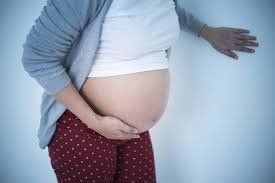This is an automatically translated article.
Posted by Specialist Doctor II Bui Le Phuoc Thu Thao - Radiation Doctor - Oncology Center - Vinmec Central Park International General Hospital.Cancer treatments such as radiation, chemotherapy, and immunotherapy can affect a woman's ability to get pregnant. The degree of influence depends on many factors such as age, dose, type of method and the patient's physical condition. It is also the basis to help patients make decisions with cancer whether to have children or not.
1. Chemotherapy
1.1 Does chemotherapy affect fertility?
Most chemotherapy drugs can damage a woman's eggs, which in turn affects her fertility. Chemotherapy can have children regardless of the age of the patient, the type of drug the patient is taking and the dose of the drug, specifically as follows:Drugs used in chemotherapy : Chemotherapy drugs have the potential to damage Infertility and infertility include busulfan, carboplatin, chlorambucil, cisplatin, cyclophosphamide, dacarbazine, doxorubicin... On the other hand, some chemotherapy drugs that have little effect on fertility are 5-fluorouracil (5-FU) , bleomycin, cytarabine, dactinomycin, daunorubicin, vinblastine, vincristine,...

1.2 How long after chemotherapy can patients get pregnant?
If the patient becomes pregnant while undergoing chemotherapy, it will be very dangerous. Because many chemotherapy drugs can hurt an unborn baby, cause birth defects, or other harm. Pregnancy too soon after chemotherapy can also affect the fetus, because eggs damaged by chemotherapy can be fertilized leading to many consequences such as premature birth, miscarriage, birth defects. Therefore, patients should use contraception during chemotherapy and should not become pregnant for the first 6 months after chemotherapy.2. Radiation therapy

2.1 Does radiation therapy affect fertility?
Radiation therapy is a method of using high-energy radiation to destroy cancer cells. Radiation can affect a woman's fertility. If a female patient is receiving radiation therapy to the abdomen and pelvis, the likelihood of pregnancy will depend on the amount of radiation absorbed by the ovaries. Excessively high radiation energy can destroy some or all of the eggs in the ovaries and can cause female infertility or early menopause.Most women with pelvic radiation therapy will lose their fertility, but can still preserve fertility with some appropriate techniques to remove the ovaries from the field of radiation therapy.
2.2 Harmful effects of radiation on women's fertility
Radiation to the uterus can cause scarring, which reduces blood flow to the uterus and also prevents the uterus from fully dilating during pregnancy. Women who have had radiation therapy to the uterus have an increased risk of miscarriage, low birth weight, and premature birth.In the case of radiation therapy to the head and neck - or brain, the radiation can affect the pituitary gland. The pituitary gland plays an important role in the female reproductive process. The pituitary gland will secrete LH, FSH, thereby stimulating the ovaries to secrete female sex hormones; In addition, FSH also plays a role in stimulating oocyte development and causing ovulation. Thus, the pituitary effects of radiation therapy may affect a patient's fertility depending on the dose of radiation.
3. Does cancer immunotherapy affect fertility?
Immunotherapy and immunomodulatory cancer drugs have been widely used in recent years, but little is known about their effects on fertility or pregnancy. Here is the effect of certain drugs used in immunotherapy on fertility:Bevacizumab: studies have found that this drug can cause ovarian failure and some cases of ovarian failure. the ovaries never recover. Certain immunomodulatory drugs such as thalidomide and lenalidomide carry a very high risk of birth defects and patients are required to use effective contraception while taking these drugs. Tyrosine kinase inhibitors (TKIs) such as imatinib have the potential to cause birth defects in laboratory animals. Now, experts recommend that patients consult their doctor before becoming pregnant while taking TKIs. Cancer treatment is an arduous process and requires not only the patient's patience but also the quality as well as the dedication and enthusiasm of the treating doctors. Patients who receive cancer treatment at Vinmec International General Hospital can rest assured to reduce their anxiety about this disease, because at Vinmec, the effectiveness of cancer treatment is always associated with the goal of minimizing the effects. side effect of treatment. Vinmec always carefully considers and respects the patient's desire to have children, thereby trying to find the best direction for the patient.
Please dial HOTLINE for more information or register for an appointment HERE. Download MyVinmec app to make appointments faster and to manage your bookings easily.
Articles refer to the source: cancer.org














